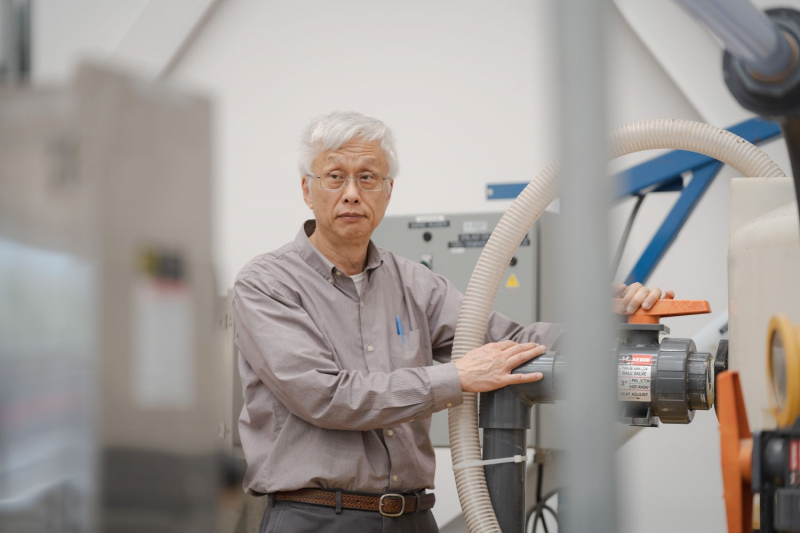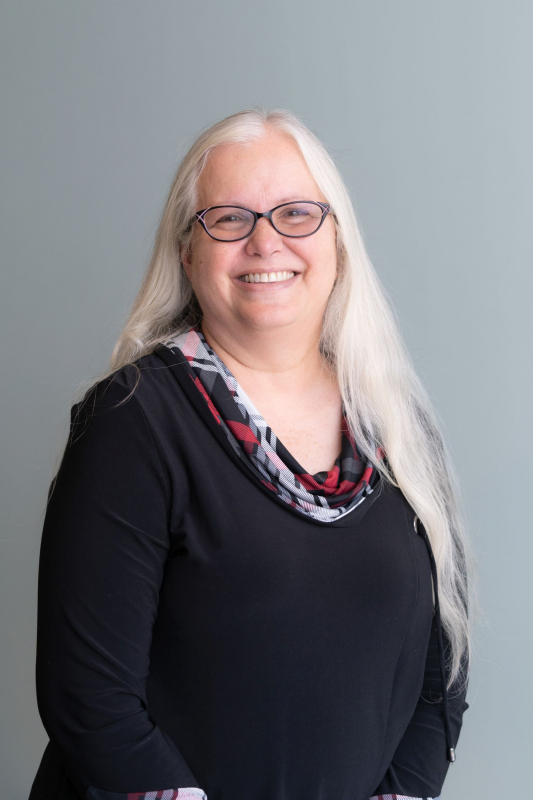A million-dollar research project between the Cullen College of Engineering at the University of Houston, Shell and TotalEnergies has been extended with another $500,000 grant from the two industry companies.
The initial $1 million research award, “Injector Experiments in Sand Pack with 3-D Confining Stresses,” ran from October 2019 through September 2021. The extension will fund the project through September 2022.
According to the project summary, “To gain new insights and improve performance of injectors, we propose experiments to study the design factors of wellbore configurations, quality of injection fluids, injection conditions, and water hammer. The proposal uses the cubic cell, sand pack injector with 3-D confining stresses. Tests will study the effects of water hammer and water quality on injectivity for vertical and horizontal wellbores and in matrix and fracturing injection conditions.”
The PI for the project has been George K. Wong, Ph.D., an Associate Professor in the Petroleum Engineering Department. Lori Hathon, Ph.D., an Assistant Professor in the same department, is a co-PI on the project. The project also involves inter-university collaboration between UH and the University of Illinois at Chicago's Department of Civil, Materials and Environmental Engineering. UIC serves as the project's subcontractor.
Wong worked for Shell for more than 30 years before joining the faculty of UH, and he attributed that experience as one reason why this project came together.
“For many years, Shell alone has been working with UIC, and I served as Shell’s technical lead,” he said. “After I left Shell and joined UH in 2016, Shell continued the project with UIC. Knowing the capability and potential of UIC’s lab equipment, I developed and created this new research topic, engaged TotalEnergies as a new sponsor, and brought all the parties together in creating this project at UH.”
Wong noted that it wasn't just his experience at Shell that brought the project to fruition.
“The process took a lot of listening, negotiation, coordination and patience to get the project approved, a journey of more than one year. I’d like to believe my technical competency and reputation, established in the industry, played a role in gaining confidence from all participants and ultimately leading this project as the PI.”
Despite a six-month lab shutdown because of the pandemic in 2020, Wong said the collaboration, communication and coordination between the project's partners and sponsors led to the extension.
“The project participants devoted extra effort in overcoming and completing the project’s deliverables on schedule,” he said. “We have treated project’s sponsors as technical partners, and respected and valued their contributions. I believe our sponsors recognize the unique value and potential of our experimental results. I take great pride in receiving a $1.5 million project from the private industry for UH, and raising the research visibility of our Petroleum Engineering Department.”
Going forward and after discussions with Shell and TotalEnergies, Wong said there would be an emphasis on modifying and extending testing equipment to address other injection impairment problems faced by industry.
“Our sponsors recognize the importance of physical testing in generating new insights in the mechanisms of injection impairment,” he said. “This is an area of increasing interests in carbon storage and water disposal wells. At UH, myself, Dr. Hathon, one Ph.D. candidate and one MS student are contributing to this project.”

